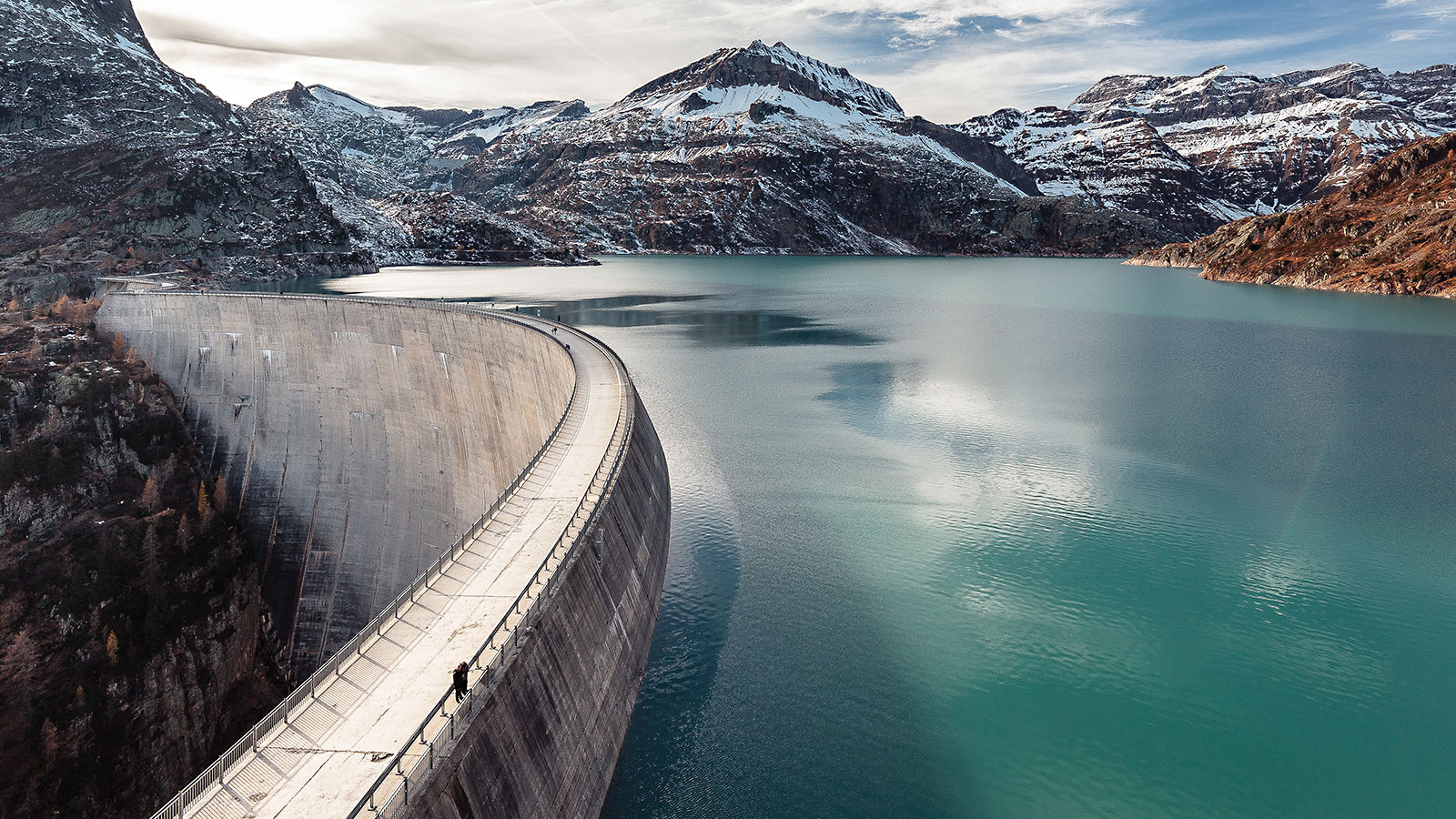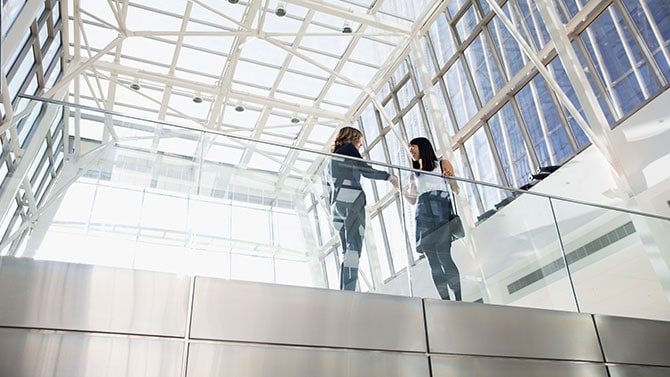
What have we done so far?

Satellite offices to reduce carbon emissions
Our mobility strategy has had different parts. We know that 55% of our employees commute around 32km per day, during 1h37 and this represents 72% of our carbon footprint. We’ve been tackling this problem over the years with the promotion of carpooling, public transportation, home base working and the use of more digital tools in order to avoid air travel when possible.


For the past fiscal year, we opened 4 satellite offices for our employees. This translates into 157 seats in Wemperhardt and Wecker (German border), Esch/Belval (French border) and Oberpallen (Belgium border). Our people are free to spend up to 2 days at home or at the satellite offices, which we encourage. We also celebrated the mobility day, remembering our employees that from March 2020, public transport is free in Luxembourg, all the resources they have available to come to the office, encouraging the use of electric or hybrid vehicles (20 charging stations in our car parks) and the ability to use the company car budget to buy a bike.
This not only allows our employees with a flexible solution in regards to mobility, but also provides them with more work flexibility and a better work-life balance, which is an improvement our employees wanted to see (see Employee Journey, Health).
Offsetting air travel emissions
One of the planet’s biggest sources of carbon emissions is air travel. This year we had a total of 10,234,089 kilometers traveled, which translates into 1,621,226.007 Kg CO2e (according to GHGP, the GreenHouse Gas Protocol). With COVID, we had a decrease since March 2020 (almost -100%). And with our new Online booking tool (implemented in February 2020), we estimate a saving of 10-20% due to self booking (visual guilty).
Something good that can come out of the COVID crisis is that video conferences and virtual conferences are more popular and accepted, but also another way to keep in touch with our clients and deliver our work without setting a foot out of our house.
Our building
We’ve occupied Crystal Park since 2014, which has an excellent rating from BREEAM (Building Research Establishment Environmental Assessment Method). This year, we found a significant decrease in terms of water and electricity, notably linked to the small number of people that we had in the offices due to COVID, so a comparison between last year (which was one of the hottest since 1947) is not really relevant. For electricity, 0.34% of our yearly spend, the Luxembourg Energy Office provides us with 100% green electricity generated from wind and waterfall.
Another factor comes into play here: the heater. Crystal Park is connected to the urban heater distribution and there was a big increase in the consumption due to COVID. We needed to circulate 100% new air with the air treatment unit, which involves heating the new fresh air and not using the recycling programme. This situation is not very economical nor ecological, but it was the right thing to do due to sanitary conditions, since it helps to limit the spread of the virus at a time when no vaccine is yet available and there was a serious risk of hospital overload.
This material makes reference to WEF core disclosure - Planet - Climate Change - Greenhouse Gas (GHG) emissions

Another action we pursued was the Ecobox, a deposit-return scheme for food that allowed us to reduce food packaging and waste, it also gives the option to our employees to participate in our sustainability journey. They have been used more than 6,000 times!
COVID-19 adaptation
Unfortunately, other measures have been implemented due to COVID-19, such as plastic cutlery in our canteen (our proposition of steel cutlery was removed for sanitary reasons) and degradable organic containers for takeaway (the ecobox have been removed until further notice ).
This material makes reference to SDG 14 “Life Below Water”, Target 14.1 “Reduce marine pollution”
Zero single use plastic
There are 269,000 tonnes of plastics in the ocean, and every day, around 8 million pieces of plastic add up to this sum. PwC is part of the IMS(Inspiring More Sustainability) Zero Single-Use Plastic manifesto, and this fiscal year our big project was to do a series of actions to reduce or completely eliminate plastic waste from our premises.
We started by installing water fountains that are connected to the water supply (offering still and sparkling water) in all the Coffee Corners of the building; at the same time, we replaced plastic packaging with glass ones in the canteen for water, desserts, yogurts, jam, honey, among others. Reusable cups were made available to replace cardboard ones.










